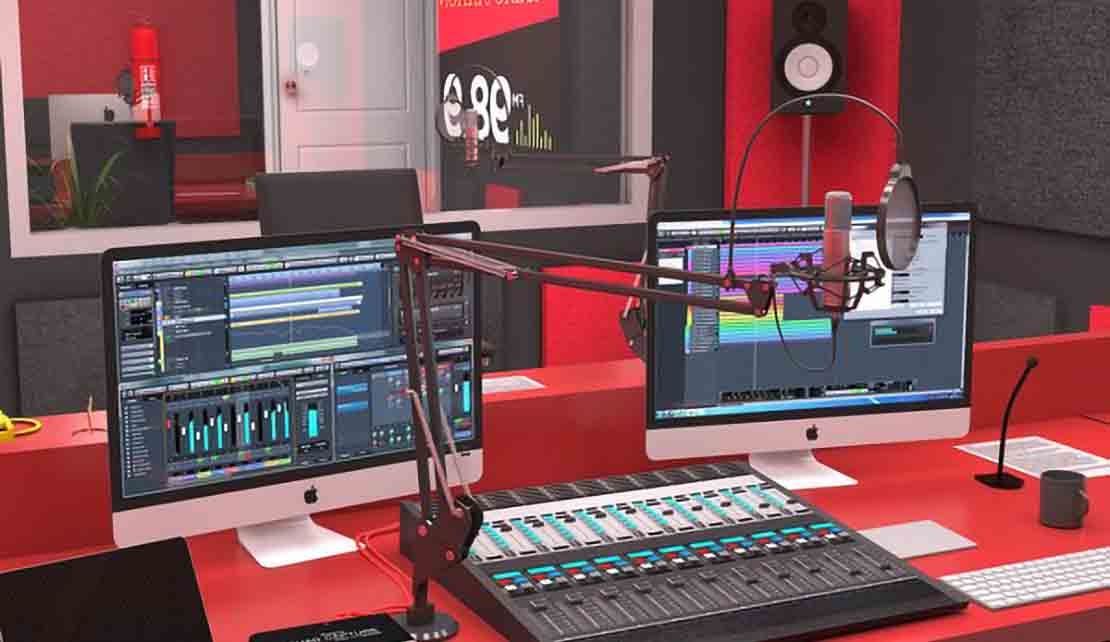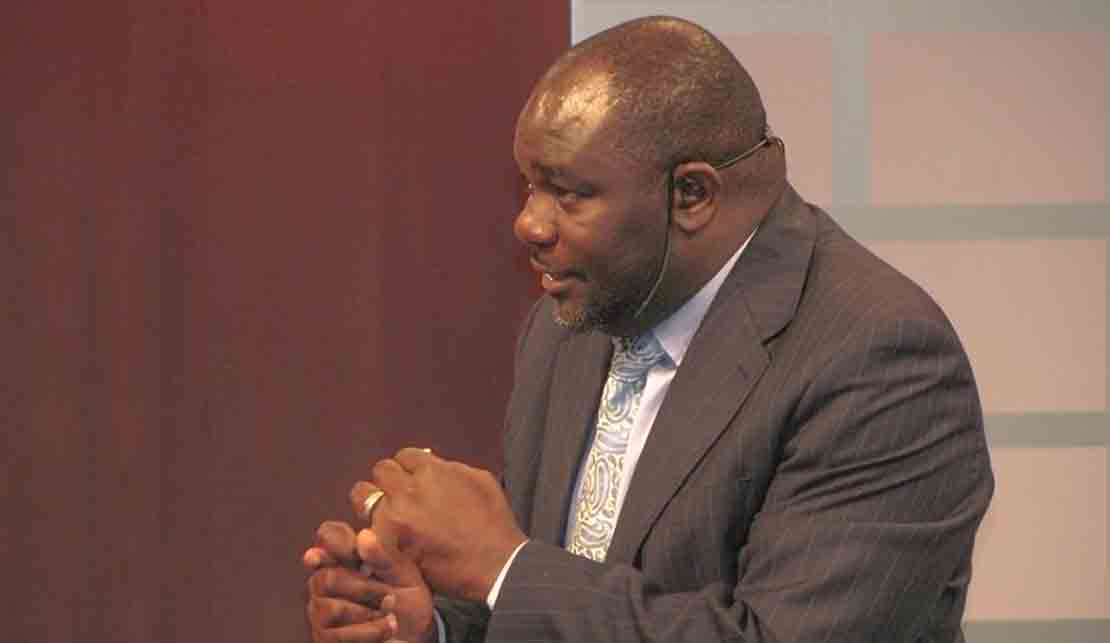JAMAICA | Lyrics and Music that promote illegal activity banned from radio, TV

KINGSTON Jamaica - October 12, 2022 - Jamaica’s Broadcasting Commission is once again taking steps to clean the island’s public airwaves of socially unacceptable lyrical content, by cracking down on musical lyrics that promotes and or glorifies illegal activity.
The crackdown comes against the background of a recent A recent RJR/GLEANER commissioned Don Anderson poll, which showed that the majority of Jamaicans believe there is a connection between dancehall music and the level of criminality in the country. The poll revealed that 41 per cent of Jamaicans believe there is a connection between dancehall music and the level of criminality in Jamaica, while 30 per cent say it somewhat has an influence.

Executive Director of the Broadcasting Commission, Cordel Green, said while there is a right to free expression, some expressions can be harmful. “Guided by and exercising the powers granted under the Television and Sound Broadcasting Regulations, the Commission now requires an immediate halt to the transmission of:
- any audio or video recording, live song, or speech which promotes and/or glorifies scamming,illegal use or abuse of drugs (e.g. ‘Molly’), illegal or harmful use of guns or other offensive weapons, “jungle justice” or any other form of illegal or criminal activity.
- any edited song which directly or indirectly promotes scamming, illegal drugs, illegal or harmful use of guns or other offensive weapons, jungle justice, or any form of illegal orcriminal activity. This includes live editing and original edits (e.g. edits by producer/label) as well as the use of near-sounding words as substitutes for offensive lyrics, expletives, or profanities.
To be clear, the broadcast of a sampling of any song which promotes or glorifies scamming, illegal drugs (e.g. ‘Molly’), illegal or harmful use of guns or other offensive weapons, “jungle justice” or any other form of illegal or criminal behaviour is strictly prohibited.
The Directive reinforces the Commission’s commitment to keeping the airwaves free of harmful content given the important role traditional media still play as agents of socialisation. The use of the public airwaves to broadcast songs that promote/glorify illegal activity could give the wrong impression that criminality is an accepted feature of Jamaican culture and society. It could also unwittingly lend support to moral disengagement and further normalise criminality among vulnerable and impressionable youth, and the young adult demographic.
Commenting on the Directive, the Broadcasting Commission's Executive Director Cordel Green, said it was the end product of a wide-ranging process that included focused monitoring, decoding of subculture dialect and urban slangs, deliberations on balancing free expression vis-à-vis protection from harm, and consultations with Industry.
Mr. Green said this approach was necessary, given the nuances and peculiarities inherent in content regulation. “Part of the difficulty in dealing with music, especially that which emerges from a subculture, is that it takes time to identify, understand and verify the slangs and colloquial language used," he informed.
"Understandably, new street lingua may take some time before they are normalised, or their meanings become well entrenched. The Commission also has to be circumspect in its actions, knowing that regulatory attention can have the unintended consequence of giving exposure to and popularising subcultural phenomenon,” Mr. Green said.
The Executive Director also said that while content regulation must always have regard for the right to freedom of expression, any context in which criminality is presented through music or videos as normal behaviour, conflicts with the tenets of responsible broadcasting.
The Executive Director of the Broadcasting Commission, Cordel Green, admits people may turn to online platforms to consume content containing illegal activity, as the Commission cannot regulate those mediums: https://t.co/QKmTK0VdEM
— CVM Television (@CVMTV) October 12, 2022
The Commission says it welcomes and encourage the public to share information about any violations by:Direct messages on Instagram, Facebook, and Twitter @bcjamaica; Email at
The Broadcasting Commission is the regulatory body that is responsible for monitoring radio, television, and cable services. It receives and investigates complaints from the public in relation to these services. The Commission assures the public that it will continue to exert all powers within its regulatory remit to protect the most vulnerable (children and impressionable and unattached youth) from harmful media content.
